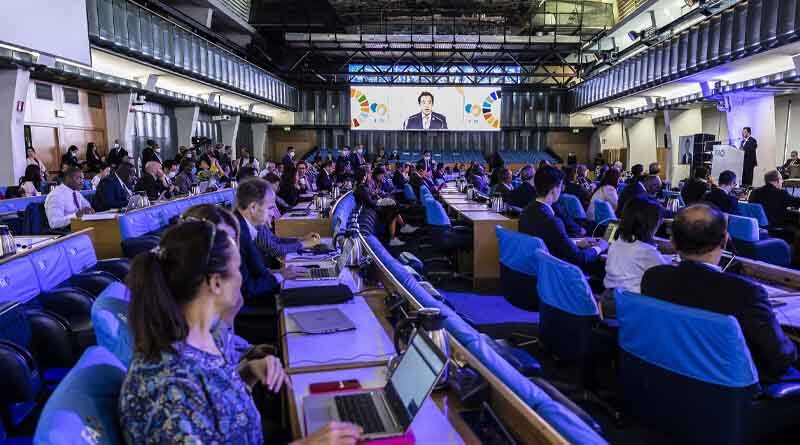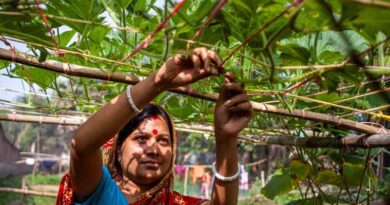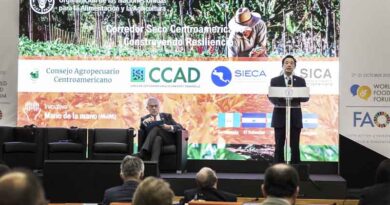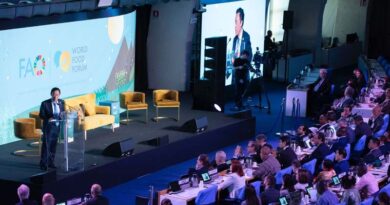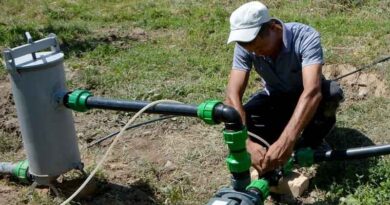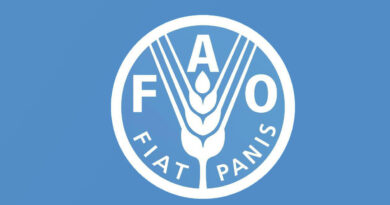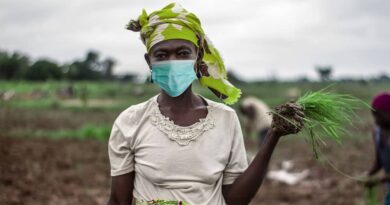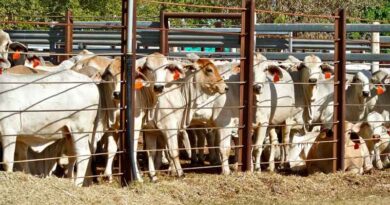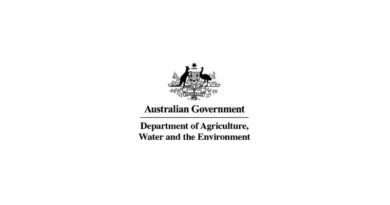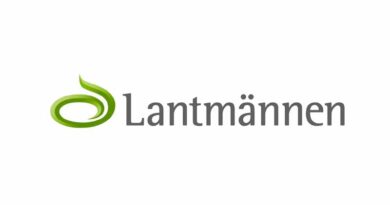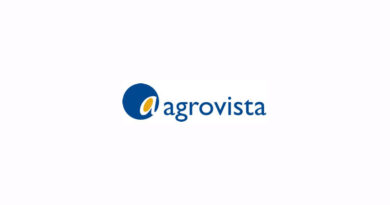World Food Forum: Hand-in-Hand Initiative brings partners into the agrifood family
19 October 2022, Rome: With the ongoing crisis and pandemic, more and more governments recognize the need to invest in long-term food security and poverty reduction, QU Dongyu, Director-General of the Food and Agriculture Organization of the United Nations (FAO), said today.
“The Hand-in-Hand Initiative responds to this need,” he said while opening the Hand-in-Hand Investment Forum, an event hosted this week at FAO to introduce aspiring investors to projects designed to accelerate the transformation to sustainable agrifood systems.
The Initiative now comprises 54 countries, along with three regional initiatives. This week governments of the 20 most progressed Hand-in-Hand countries are pitching their priority projects to possible partners ranging from multilateral institutions such as the World Bank to private-sector companies and impact investors.
The FAO Director-General also met personally with heads of state or cabinet ministers from more than a dozen countries, part of a packed schedule during the World Food Forum.
“We need to bring more and new partners into the agrifood family,” he said. At least ten percent of the value-added generated by agrifood systems needs to be reinvested to power needed transitions, he added.
“Investment is critical to the transformation of food systems,” said Mohamed Irfaan Ali, President of Guyana. “Hand-in- Hand is an important platform for countries to attract resources,” he said.
The Hand-in-Hand Initiative supports the implementation of nationally led ambitious programs that, using advanced geospatial modeling and socio economic analytics, as well as a robust partnership-building approach, are designed to accelerate the market-based transformation of agrifood systems and to eradicate poverty, end hunger and malnutrition and reduce inequalities. It prioritizes countries and territories where poverty and hunger are highest and where national capacities are limited or operational difficulties greatest due to natural or manmade crises. Superior targeting, a territorial approach and a focus on supporting local economic benefits are hallmarks of Hand-in-Hand projects.
Director-General Qu urged governments to allocate more of their own resources to the projects. “Hand-in-Hand isn’t only about the other hand,” he said. “If you want to shake hands with someone you should offer your own hand first.”
Catalyzing impacts on the ground
Some countries have already catalyzed important funding through the aegis of Hand-in-Hand. Bangladesh, whose Prime Minister Sheikh Hasina gave an address at the opening session of the World Food Forum, has received $500 million from the World Bank and $43 million from the International Fund for Agricultural Development.
Ecuador has also recorded material pledges, as have the Solomon Islands and Zimbabwe.
The other countries presenting concrete projects – in public and in private sessions hosted at FAO’s headquarters – at the Investment Forum are: Bhutan, Burkina Faso, Congo, El Salvador, Ethiopia, Guatemala, Haiti, Honduras, Lao PDR, Mali, Nepal, Nicaragua, Niger, Peru, San Tome and Principe, and Yemen. Presentations will also be made for regional initiatives for the Sahel, Central America’s Dry Corridor and a Panama Food Hub.
Senior leadership from major international organizations, including the Inter-American Bank and the World Bank, as well as the Italian bank, Cassa Depositi e Prestiti, participated in Tuesday’s public session, with several indicating their intention to support specific projects.
Starting Tuesday, potential investors can meet privately with representatives of the 20 countries in matchmaking sessions to explore possible collaboration.
“Development Finance Institutions, both multilateral and national, such as CDP, can play a catalytic role to increase access to finance and leverage private investments in the agriculture sector. The partnership between CDP and FAO is a good example. We have the financial resources but we need the technical expertise of FAO,” said Dario Scannapieco, Chief Executive of Italy’s Cassa Depositi e Prestiti SpA.
Starting Tuesday, potential investors can meet privately with representatives of the 20 countries in match-making sessions to explore possible collaboration.
Finding ways to achieve mutual leverage between governments, the private sector, multilateral organizations and other stakeholders including academia, civil society and above all smallholder farmers themselves, is essential to achieve progress on broader goals, said Roberto Azevêdo, Executive Vice President of PepsiCo Inc., who met with Qu on Monday. “In order to finance this transition we need the right partnerships,” he said.
Also Read: 3 big announcements for agriculture sector and farmers made by PM Modi today
(For Latest Agriculture News & Updates, follow Krishak Jagat on Google News)

